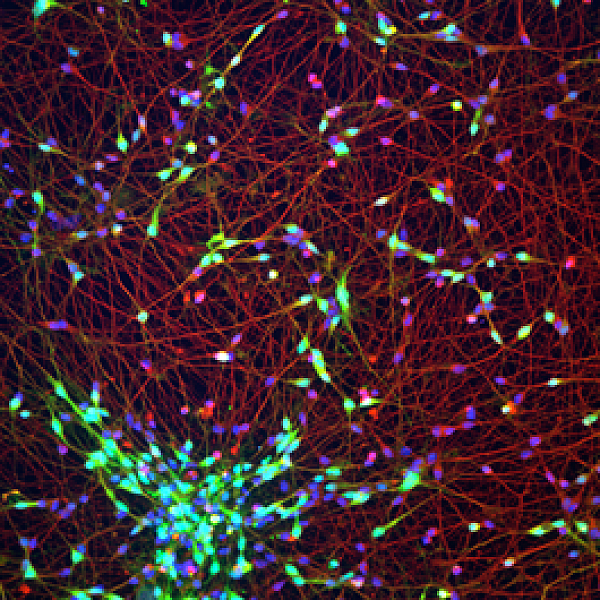
Autism spectrum disorder (ASD) is a highly prevalent neurodevelopmental disorder, but the underlying molecular pathogenesis has remained poorly understood. There are several syndromes that are known to be highly associated with the development of ASD, which are termed syndromic ASDs. Tuberous sclerosis complex (TSC) and Fragile X syndrome (FXS) are two syndromic ASDs that are caused by mutations in TSC1/TSC2 and FMR1, respectively. However, the relationship between these two disorders has been controversial and largely remained unexplored. Understanding of the genetic causes and associated cellular pathways of these syndromes would provide a molecular foothold to study the aberrant processes that give rise to abnormal social behaviors. Convergence within the syndromic forms of ASD at the cellular and/or circuit level could provide crucial insights into the pathogenesis and treatment of ASD in the future. Previous studies from our lab have shown that TSC-patient derived neurons and Tsc2-deficient rodent neurons have down-regulated expression of FMRP and dysregulated expression of its downstream targets. FMRP negatively regulates glutamate receptor mGluR5, and a previous study from our lab have shown that inhibition of the mGluR5 improved the seizures and behavioral deficits of the Tsc2-mutant mice and decreased the increased protein synthesis of the Tsc2-deficient neurons. This study will investigate the mechanisms that are responsible for the impaired FMRP expression due to the loss of TSC2 and mTOR activation in the neurons. Given that dysregulation of TSC, mTOR-pathway and FMRP are emerging as a central components in ASD, these studies will provide crucial insights into the mechanisms by which these genes cause neuronal dysfunction that culminates into abnormal social behavior in ASD.